- Fast results
- 4,000+ locations
- 4.8 star rating
Need Help? (888) GET LABS
We are currently experiencing technical issues. If you are unable to access your results please call 888 GET LABS
Need Help? (888) GET LABS
Need Help? (888) GET LABS

This article is Medically Approved ✓ by Dr. Edward Salko
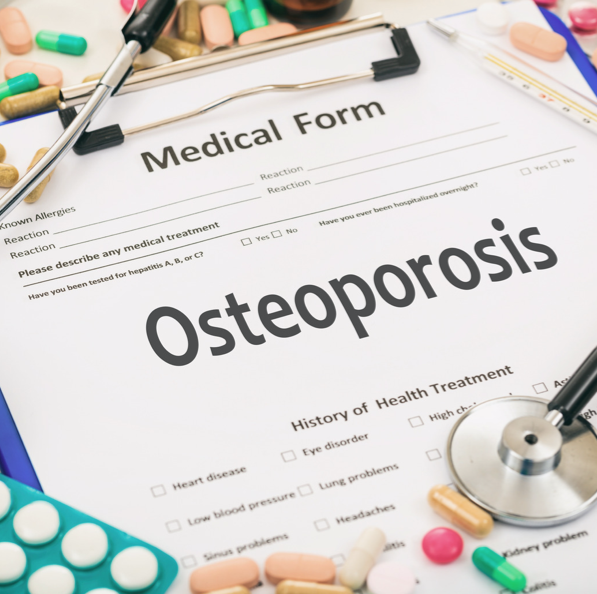
Dealing with osteoporosis requires a careful selection of foods to include in your diet.
Although medication is prescribed, your dietary choices still play a significant part in its management.
Naturally, you would like to include foods rich in calcium and vitamin D like yogurt, almonds, leafy vegetables, and some fruits in your meals.
But of course, you still need to check your doctor’s recommendations or eat them in moderation.
However, when it comes to foods you should avoid, it is pretty much straightforward.
Read on the following few lines to learn more about them.
Osteoporosis is characterized by bone density loss that makes the bones weak and brittle.
People with osteoporosis are prone to bone fractures even with movements that require less stress and pressure, like bending or sneezing.
In its early stages, osteoporosis doesn’t have any symptoms. But as the condition progresses, you can observe the following:
· Backache
· A stooped posture
· Gradual decrease in height
· Spine fractures
About 53 million Americans have osteoporosis or are at high risk of developing one.
Contrary to popular belief that osteoporosis only occurs in older women, men are also susceptible to developing this condition. It’s just that older women past their menopause have a higher risk for osteoporosis.
According to the CDC, 4.2 % of men above 50 have osteoporosis, while for women in the same age bracket, it’s 18.8%.
While everyone is susceptible to osteoporosis, some factors determine who has a higher risk for the condition.
When you experience frequent fractures or if you have a genetic disposition for osteoporosis, you must get tested for the condition.
Your doctor may order the following diagnostic screening methods.
Low bone mass is a clear indicator of osteoporosis. It is the primary diagnostic test and is mainly measured through Dexa-Scan.
Several blood tests can also detect osteoporosis or the risk level of developing the condition. Precisely, these blood test measures the following:
Your serum calcium level is a critical parameter in diagnosing osteoporosis.
Calcium deficiency is a precursor for osteoporosis since it plays an active role in bone growth.
Vitamin d is essential for calcium absorption. If it comes short, the body will have a hard time processing the mineral.
PTH improves bone density and regulates bone formation. An imbalance in this hormone, especially among postmenopausal women, triggers osteoporosis.
Suppose you want to check on the sufficiency of the abovementioned chemical substances in your body. In that case, you can take these blood tests in a single package known as the Osteoporosis Screening Profile Test.
Due to the degenerative nature of osteoporosis, understanding which foods to avoid can aid in the treatment process. If you are diagnosed with osteoporosis or know someone who has this condition, cross out the following foods and beverages.
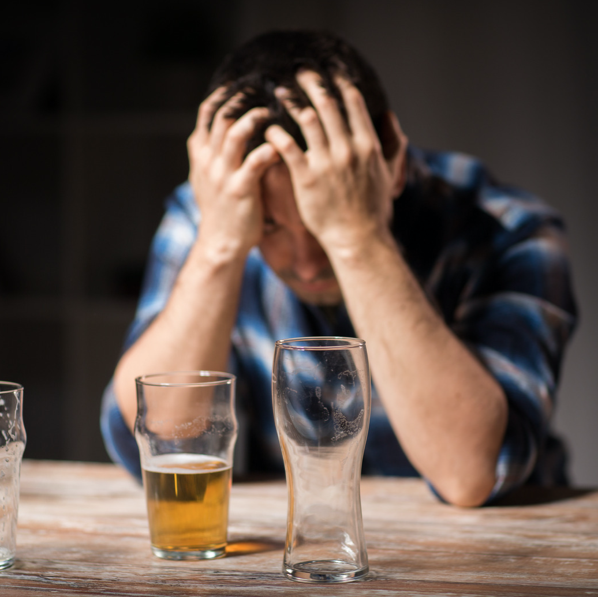
Alcohol promotes bone loss. Therefore, if you have osteoporosis and consume excessive alcohol, you are canceling the medication or worsening the condition.
Likewise, studies have shown that bone density tends to be lower even for younger women who drink too much alcohol.
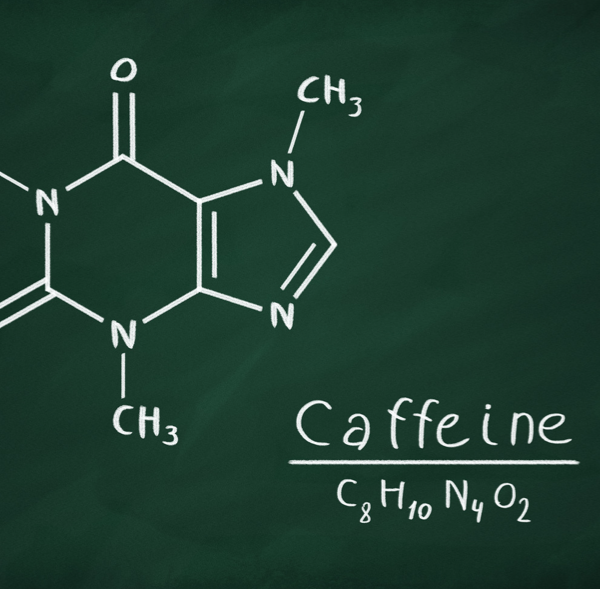
Frequent consumption of coffee, tea, and other caffeinated drinks can disrupt calcium absorption, which contributes to low bone mineral density. If you love coffee, but you’re diagnosed with osteoporosis, gradually decrease your intake and consult with your doctor.
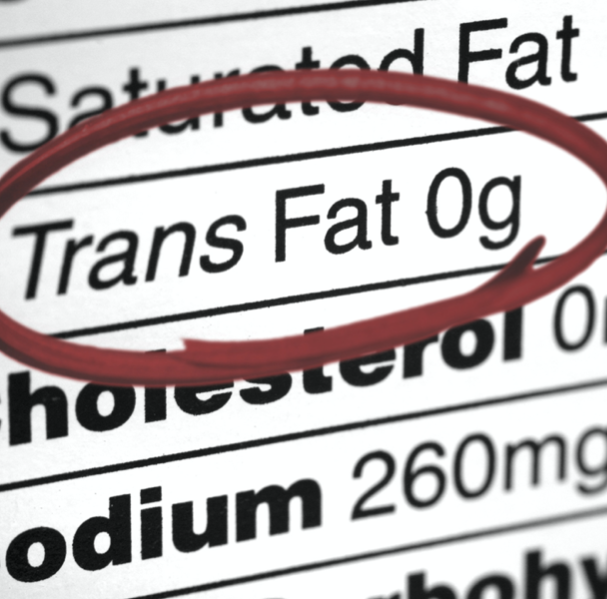
Trans fats from hydrogenated oils are known to diminish vitamin k from vegetable sources. Vitamin K is also associated with calcium absorption. Additionally, trans fats also increase visceral fats, the type of fats found in vital organs.
A study has shown that increased levels of fats in the liver, muscles, and blood also indicate high amounts of fats in the bone marrow. In turn, this increases the risk for osteoporosis and lessens the likelihood of managing the condition well.
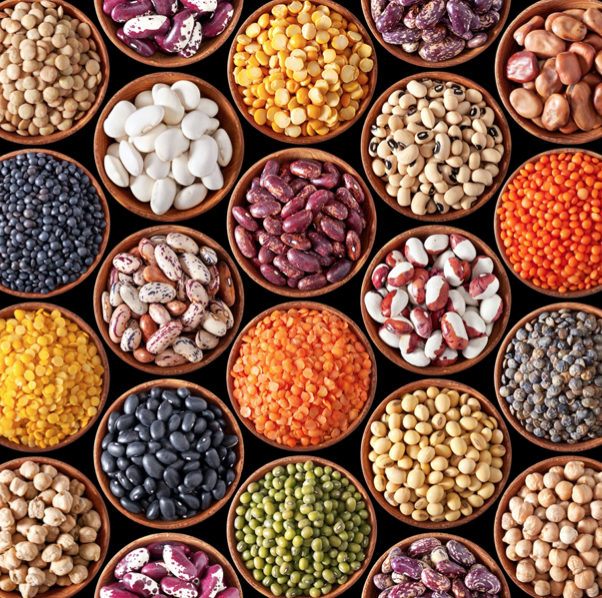
Legumes like lentils, soybeans, and peanuts are nutria-filled, but they also contain high amounts of phytates. Phytates interrupt mineral absorption. As a result, it slows down the process of taking up the necessary calcium for bone formation.

A diet that includes green spinach has plenty of health benefits for the body. But when it comes to bone health, it can have adverse effects. This is because spinach contains oxalates which interrupt the absorption of calcium.
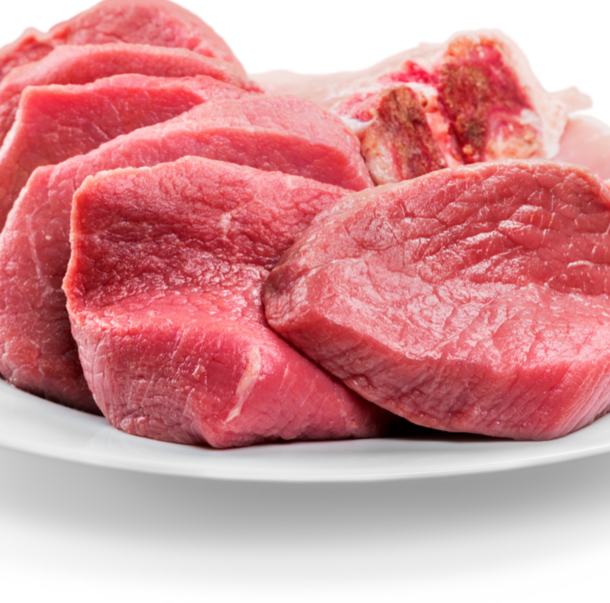
Protein from red meat is also associated with seeping calcium from the bones. A study associated reducing red meat consumption along with other unhealthy foods to improved bone health. Therefore, avoiding red meat can be beneficial in managing osteoporosis.
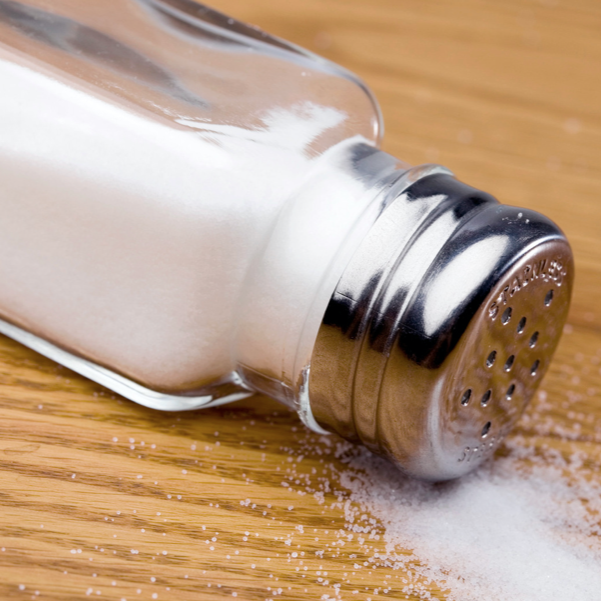
Foods with high sodium lead to calcium loss. Processed foods, along with fast foods, often have additives and excessive sodium.
When buying a readily available food product in the market, it is best to check the label. The recommended salt consumption does not exceed 2,300 mg per day.
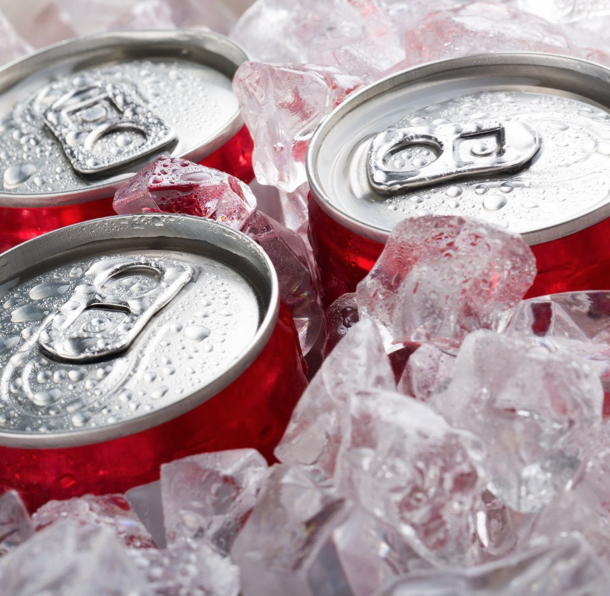
Soda, particularly cola, is associated with bone loss. Although studies are still required to understand its mechanism thoroughly, there is evidence that consumption of sodas contributes to a higher risk of hip fracture among postmenopausal women.

While there is no clear link between eating sugary snacks and low bone density, scientists and physicians are still keen on recommending low carbohydrates in the diet of osteoporosis patients.
Foods high in sugar like pastries are discouraged as they cause damages in the body that eventually escalate to poor bone health.
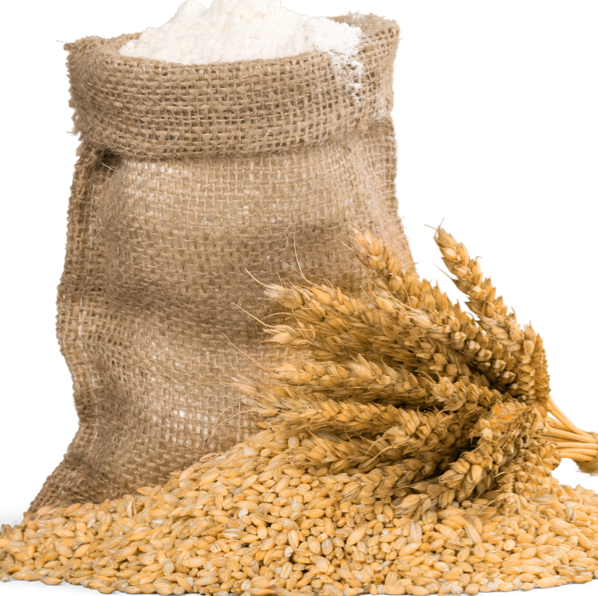
Like legumes, wheat bran has phytates. But what makes it worse to eat wheat bran than legumes is that it also makes calcium unavailable from other food eaten with it.
If you eat a wheat cereal with milk, you can only absorb some calcium from the milk instead of its entire content.
You may have found yourself with a lesser list of foods you can eat, but there are still plenty of other choices for your next meal.
If there are foods that can contribute to bone mass loss, there are also foods that can promote healthy bone mass. Most of these foods contain calcium, vitamin D, vitamin K, vitamin C, magnesium, and zinc. If you’re set to have healthy bones, consider the following for your dietary consumption.
· Citrus fruits
· Broccoli
· Kale
· Collard
· Figs
· Lean meat
· Cheese
· Milk
· Fortified foods
· Fatty Fish
In addition to bone-strengthening food, make sure you have ample exposure to sunlight so your body can stimulate vitamin K. Likewise, consider vitamin supplements if your doctor approves and recommends them.
Unfortunately, there is no cure for osteoporosis. Once you’ve lost a certain percentage of bone mass, it is often irreversible.
However, treatment plans can slow down bone deterioration. In some cases, you can even propagate new bone cells or osteocytes.
These treatments include medications and several adjustments to your diet and overall lifestyle. The most well-known drugs used to mediate loss of bone mass are called bisphosphonates.
When the integral vitamins are deficient for bone health, your doctor may prescribe you supplements. Moreover, an active routine is also recommended.
Once you’re diagnosed with osteoporosis, you must take action as soon as you can. And a big part of this critical response is creating a dietary pattern that can strengthen the bones.
In the same way, avoiding foods that interrupt mineral absorption or aggravate loss of bone density keeps your treatment plan on the right path.
If you have osteoporosis or have a high risk for the disease, check how your current diet affects your bones.
The earlier you can correct any unideal dietary choices, the sooner you can alleviate the negative impact of osteoporosis.


We now offer pharmacy discounts through our PersonalabsRx platform.
We now offer pharmacy discounts through our PersonalabsRx platform.